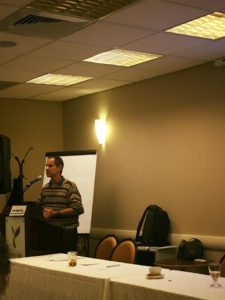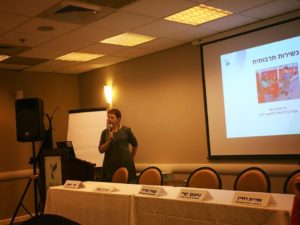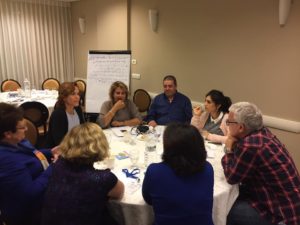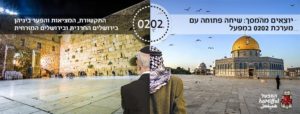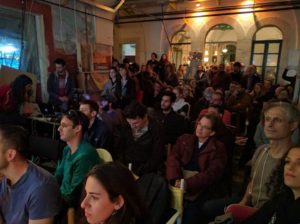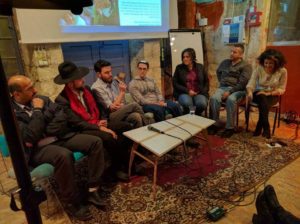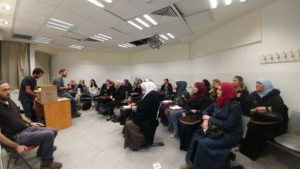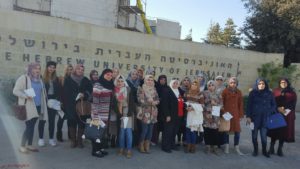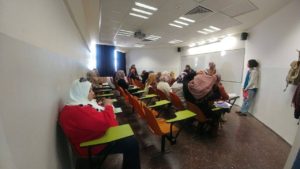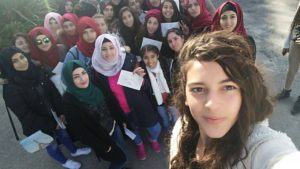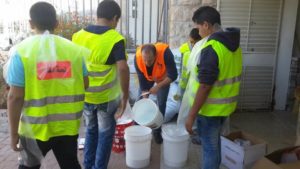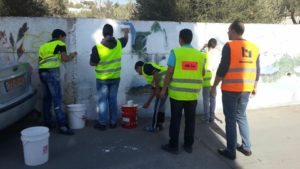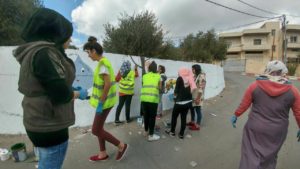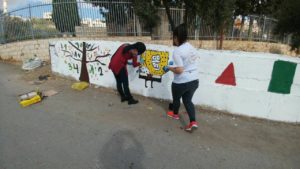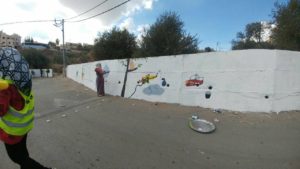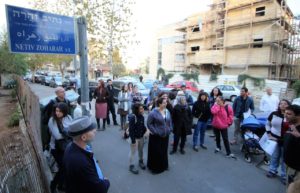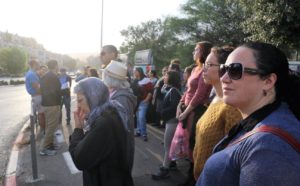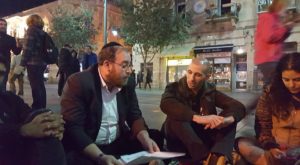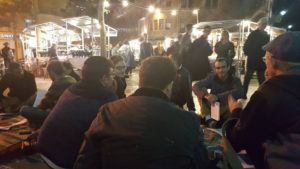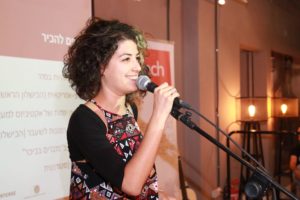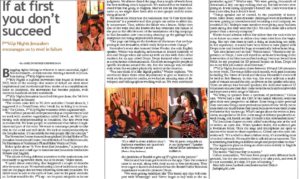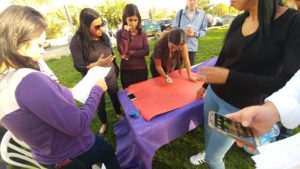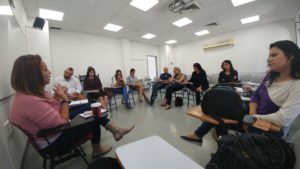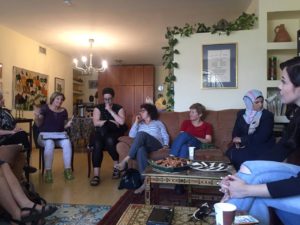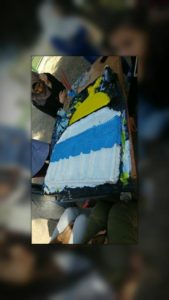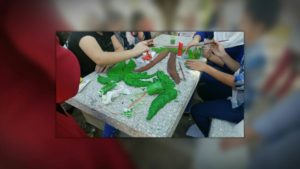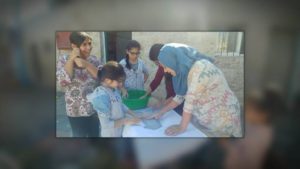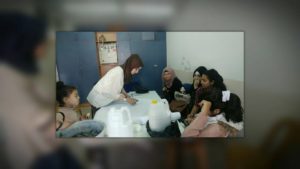First Annual Conference for Aliyah Absorption Directors: Spreading Cultural Competency throughout Israeli Local Governments
What if all local governments in Israel were culturally competent?
Last week’s first annual conference of Local Authorities’ Aliyah Absorption Directors was the first step in doing just that.
The story goes like this: In light of the Jerusalem as a Culturally Competent City conference that we held, together with the Jerusalem Foundation, in May 2016, representatives of the Association of Aliyah Absorption Directors in Local Authorities, including the Director of the Jerusalem Absorption Authority, asked us to help them incorporate subjects relating to cultural competency in their first professional conference.
Of course we agreed, and we helped them build an entire conference around the theme of cultural competency. This conference took place last week, December 5-7, in Jerusalem. Our own director, Dr. Hagai Agmon-Snir, was the keynote speaker. He introduced the concept of cultural competency, and explained how it can be integrated into and contributes to work in the Aliyah Absorption Authority.
After he spoke, four organizations spoke about different ways to implement cultural competency in their organizational culture, all of whom work in cooperation with the JICC. These included: ALYN Rehabilitative Hospital, the Israel Police, the IDF, and a major bank.
The following day we held a round table discussion, in which they shared examples of successes and challenges in their everyday goings-on at their respective authorities, through the prism of cultural competency.

